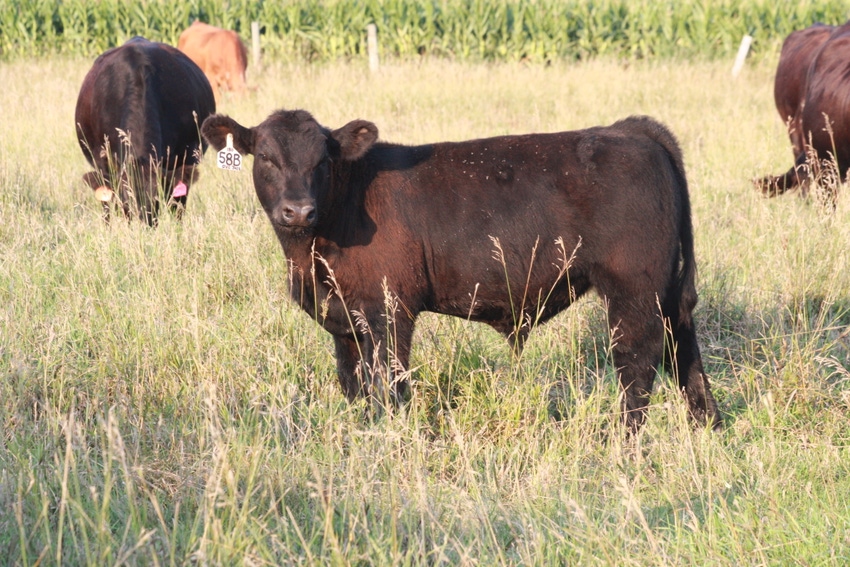Cheers to the Washington Post for debunking common agricultural myths in recent column.
July 30, 2017

My youngest sister Kaley was home from her college internship last weekend, and she went to a bonfire with some of her high school friends. Sitting around the fire, the topic of farming and ranching came up. Even though these kids grew up in a rural agricultural community, my sister was surprised when one of her peers started complaining about rich farmers.
“These rich farmers and ranchers just hire the work done while they sit in the house getting rich,” the girl complained to the group. “They have such slack jobs.”
Kaley wondered if this girl forgot that she came from a farming background. She didn’t want to get in a back-and-forth at the social gathering, but she couldn’t help but relay some of the financial risks and sacrifices farmers and ranchers must make in order to operate their businesses.
The common accusation that is thrown at modern food producers is that we are “rich” and only “in it for the money.” Forget the notion that farming and ranching is a business, and it can’t be sustainable if it’s not profitable. There are those who make the assumption that managing land and livestock should be a volunteer position; otherwise, we are seen as greedy. What nonsense!
This is just one of the common myths that continue to plague the agricultural industry. It can be difficult to change public sentiment about who we are and what we do in rural America today, particularly since there is so much negativity out there about food and production agriculture.
That’s why I was pleasantly surprised to see a recent column in the Washington Post, titled, “10 mega myths about farming to remember on your next grocery run.”
Written by Jenna Gallegos in a segment called, “Speaking of Science,” the article debunks 10 myths about agriculture. Gallegos tackles pesticides, factory farms, organic vs. conventional foods, GMOs, hormones, antibiotics, chemicals, natural claims, technology, food costs and more.
Gallegos writes, “Most of us don’t spend our days plowing fields or wrangling cattle. We’re part of the 99% of Americans who eat food, but don’t produce it. Because of our intimate relationship with food, and because it's so crucial to our health and the environment, people should be very concerned about how it’s produced. But we don’t always get it right. Next time you’re at the grocery store, consider these 10 modern myths about the most ancient occupation.”
Read how Gallegos tackles these common myths and feel free to use her arguments as fodder for future conversations you may have about food. Click here to read her column.
The opinions of Amanda Radke are not necessarily those of beefmagazine.com or Penton Agriculture.
About the Author(s)
You May Also Like





